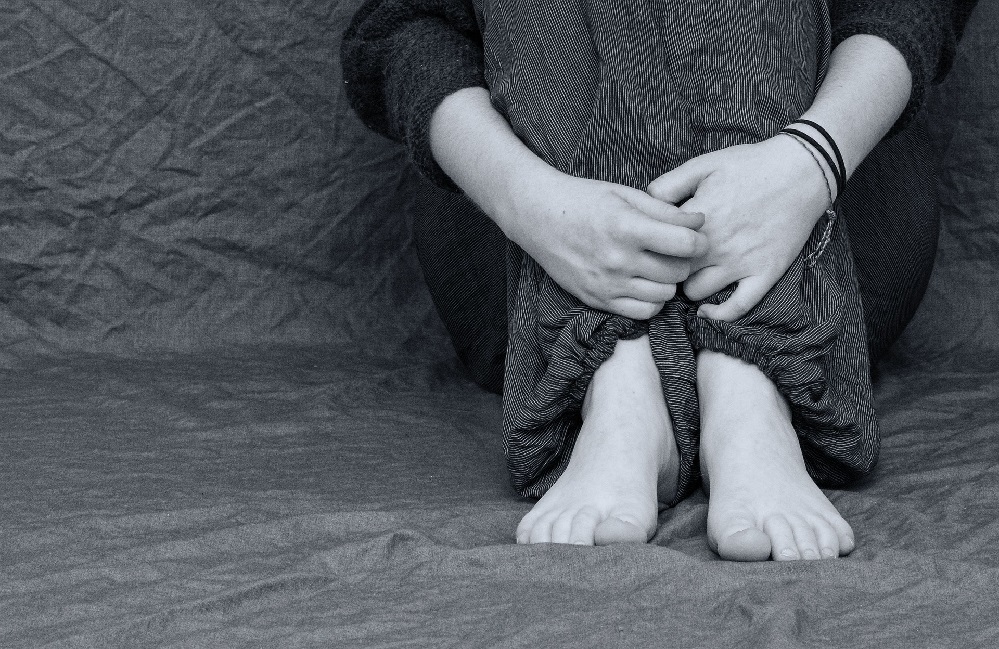Prisoners who were sentenced under the imprisonment for public protection (IPP) sentence are facing increasing mental health issues and a loss of trust in the justice system as they remain imprisoned without a set release date.
IPPs were introduced in 2005 and enabled judges to set a minimum term, but no maximum term, to be served.
After that time was served, a prisoner could apply for release to the Parole Board, who may only grant release if they believe the offender is “safe” to rejoin their community.
IPPs were abolished in 2012 after it was realised that they were being used too extensively, with nearly seven per cent of the prison population made up of IPPs at one point.
Despite abolition, nearly 2,500 prisoners sentenced under the law remain behind bars, unsure of when they will be released.
No Hope

Credit: Pixabay
Wayne has given up. He’s 29 years old and he’s had no life.
Carl Bell, father of IPP prisoner
Wayne Bell was sentenced with an IPP in 2007 at the age of 17 for assaulting a man and then stealing his bike in Manchester.
His minimum term was set at four years, but 12 years later and now at the age of 29 he is still in prison for the crime.
Bell has applied to the Parole Board every two years since he passed his minimum sentence and now, according to his family, he has had a mental health breakdown, feeling trapped and with no hope in living a life outside of prison.
“We are all hoping, but Wayne has given up. He’s 29 years old and he’s had no life,” explained his father, Carl.
Bell’s parole has been denied for various reasons, including an inability to attend anger management courses because of over-subscription and fighting with other inmates, which Bell’s father says is is a result of his son has becoming an ‘easy target’ due to his mental health.
Prison Reforms
Image via Tim Marshall / Unsplash
The rights of prisoners were laid out by the House of Lords in a historic 2001 judgement. In the 18 years since, the UK has become a country with one of the highest imprisonment rates in Europe, but prisoners’ rights have continued to improve, meaning prisoners are protected by the same rights as us.
The Prison Reform Trust told RightsInfo that despite advances in protections, there are still problems within the justice system that urgently need addressing – including IPP prisoners who remain in prison without a release date.
“Parliament should finish the job it started, and legislate to give IPP prisoners a release date with a fixed period of supervision and support in the community,” explained Mark Day, the head of policy for the Prison Reform Trust.
“The government could improve arrangements for the timely release of IPP prisoners by giving the Parole Board the power to summon witnesses and compel evidence to limit the number of hearings being adjourned or deferred.
“Improvements should also be made to the support available to people on release to reduce the high number of people serving IPP sentences being recalled back to prison,” he added.








